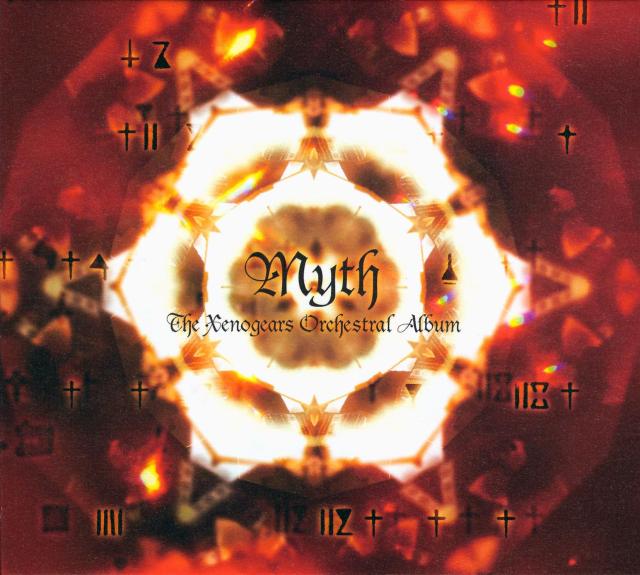During The White Stripes’ short-lived, yet brilliant career, the band has had more than its share of eccentricities. There’s the red, white, and black color scheme. There’s the strange relationship between Jack and Meg White. (Are they brother and sister? Are they married? Turns out they were married, but divorced in 2000.)
But none is stranger than their epic quest in 2007 to play a show in every province of Canada.
Jack and Meg played in buses, bowling alleys, cruises, old folks homes…you get the idea. And they ended this mighty achievement with the greatest show of all: the one-note show in Newfoundland, the last province they needed to get Canadian BINGO.
The reason for a one note show was quite simple. Jack wanted to achieve the shortest concert in history and be placed alongside the pantheon of heroes listed in the Guinness Book of World Records. For instance, there’s the dude with the longest mohawk, the girl with the Hello Kitty armada (does anyone else think they’re going to come alive at night in some disturbing horror movie fashion?), and the guy with the fastest four-limbed 100 meter dash. And those are just the Japanese heroes!
So, here’s the famous one note concert:
From the reaction of the audience, it seems most people knew that the concert would be very, very short. Most were appreciative of The White Stripes paying them a visit. Yet you have to feel for the one guy who paid good money to buy a ticket from a scalper to come see the show buy himself. This is the guy without any friends who wanted to join him. Without any girlfriend to join him either. Unknowing of the situation, he gets there three hours before the concert to get a view right by the stage. The band gets on. He jumps up and down. They play one note. He gets excited for a second note. They leave. The guy, let’s call him Joe Canada, is confused. He looks around at people clapping. He yells out, “play ‘Effect and Cause'”. Nothing. The fans go home. He cries. He waits two hours for a potential encore. Nothing. It starts to rain. He goes home. He creates a Jack White dartboard. He throws darts and plots his revenge. He becomes a Nickelback fan to spite good music.
I feel sorry for Joe Canada.
On the Jack White front, all is well for a while. Then Jack White finds out that the Guinness World Records robs The White Stripes of its place in history! He starts a small war with them, calling them a “very elitist organization”, which makes sense of course because only an elitist organization would have the guy with the largest nose in their records. Jack White loses the war.
The good news is there’s a moral to this story. If you’re going to play a concert, play for longer than one note.
You never know when a Joe Canada might strike.
